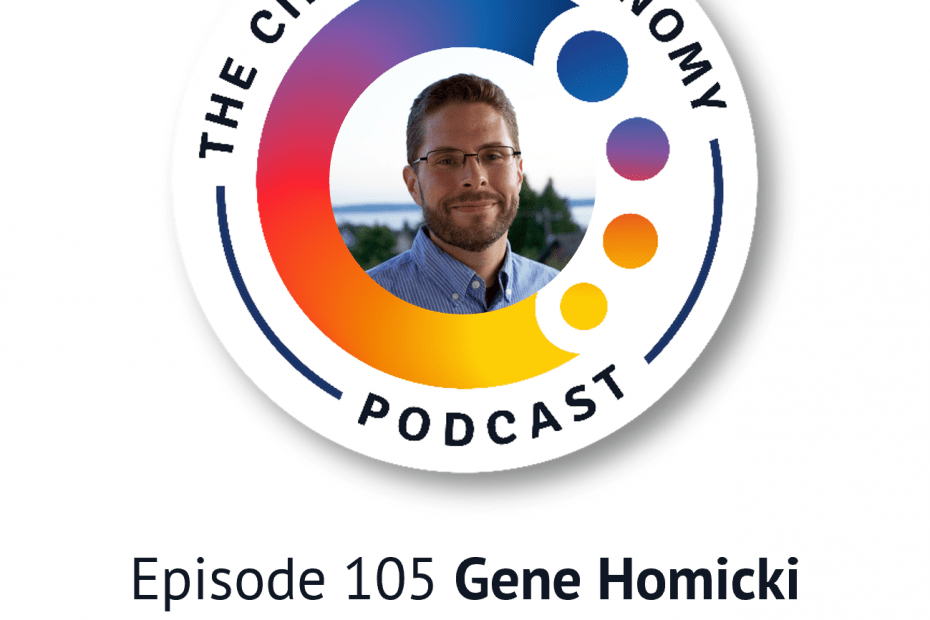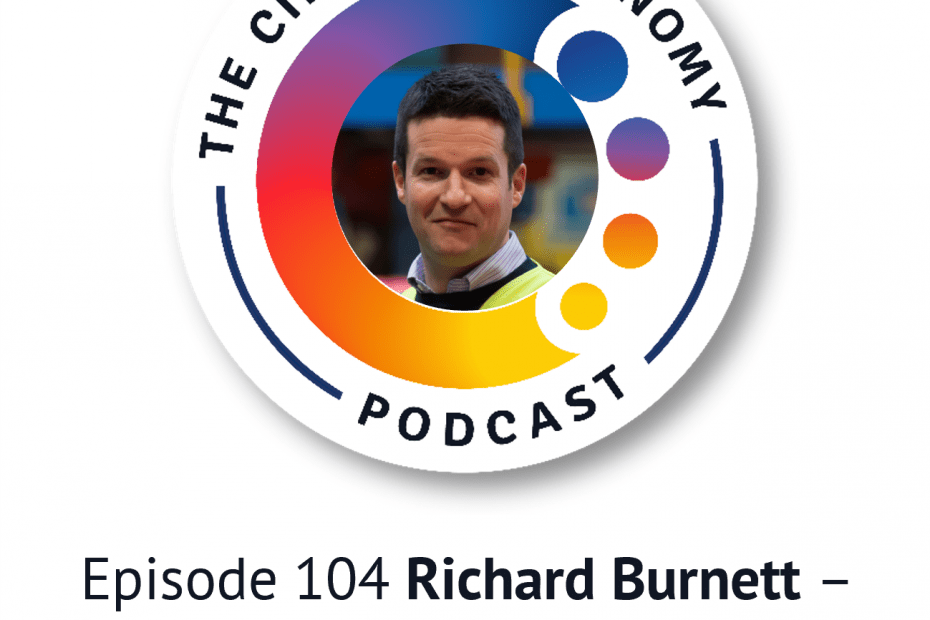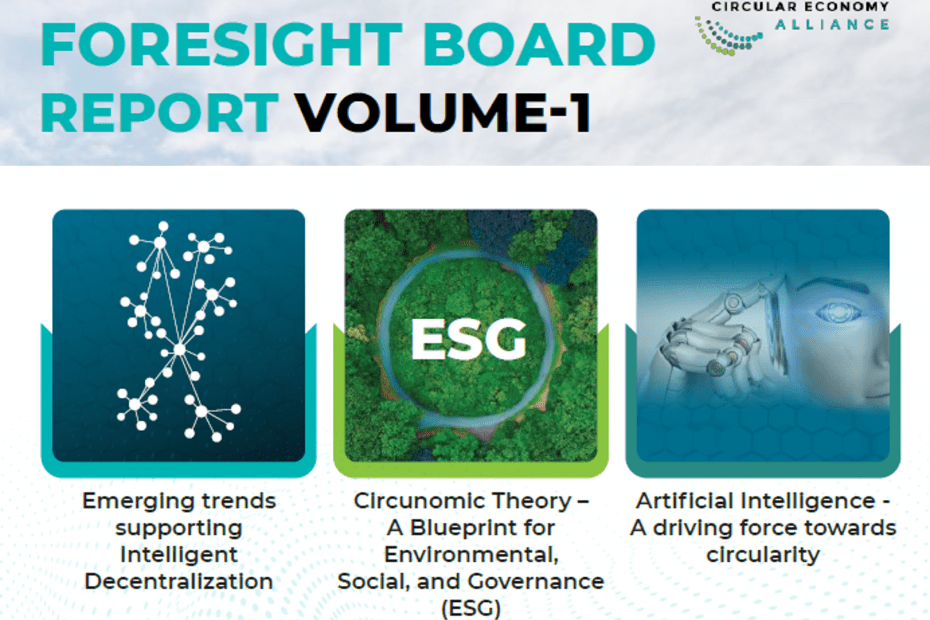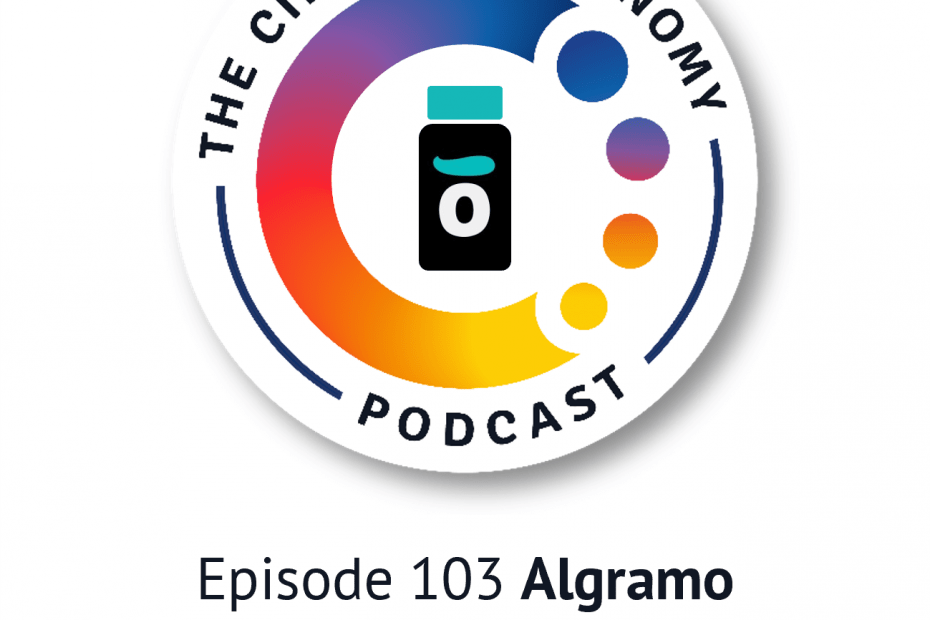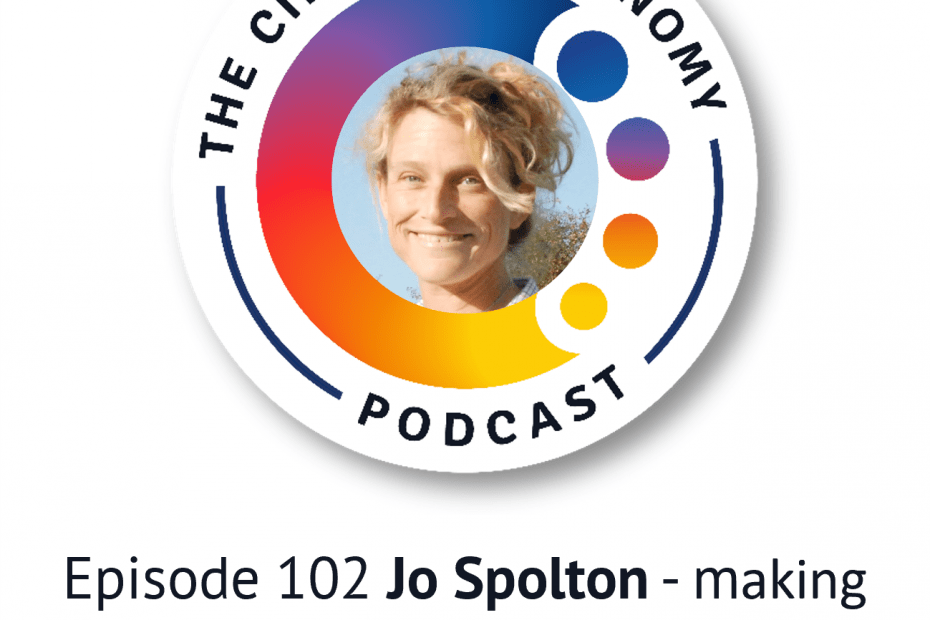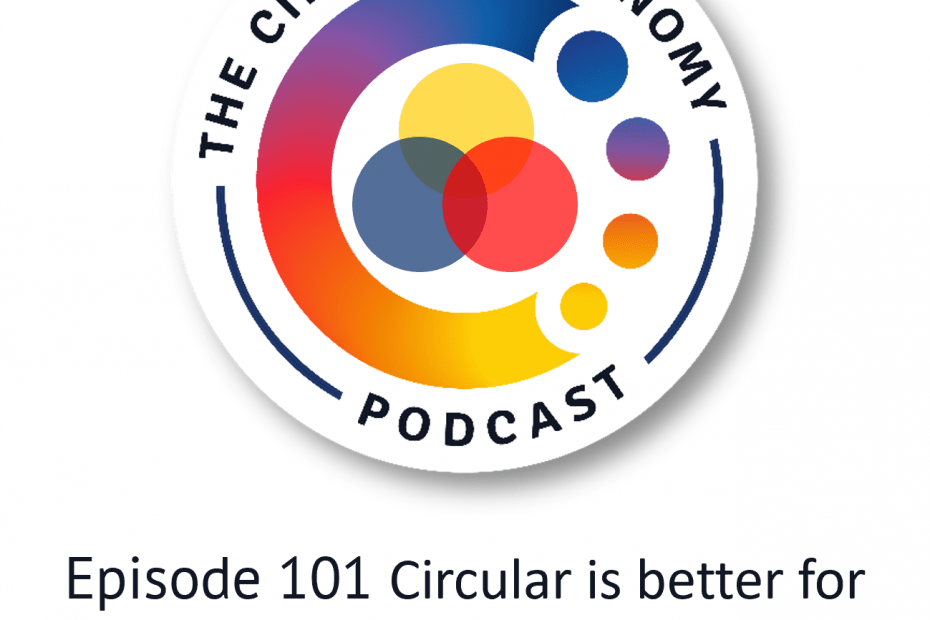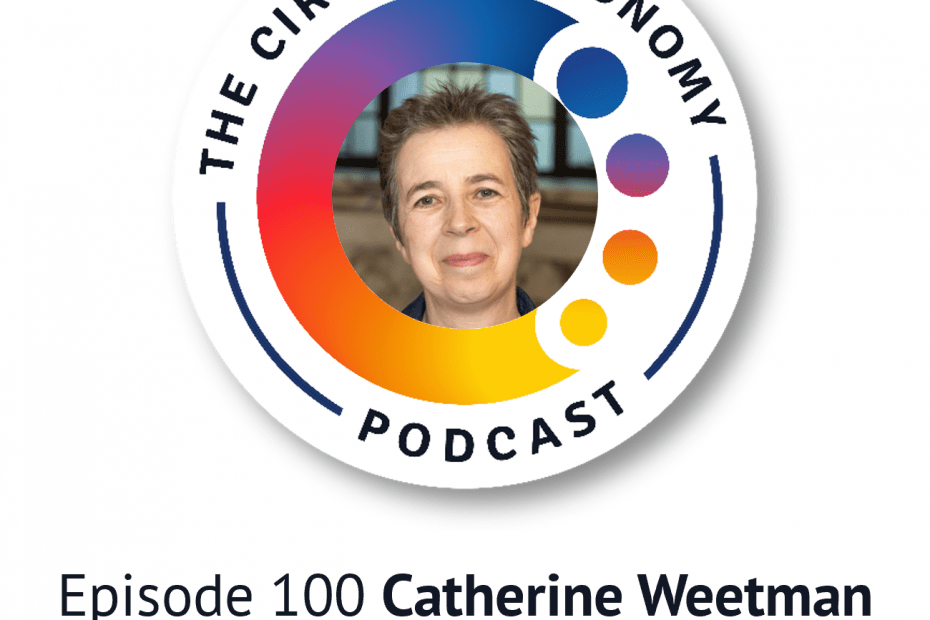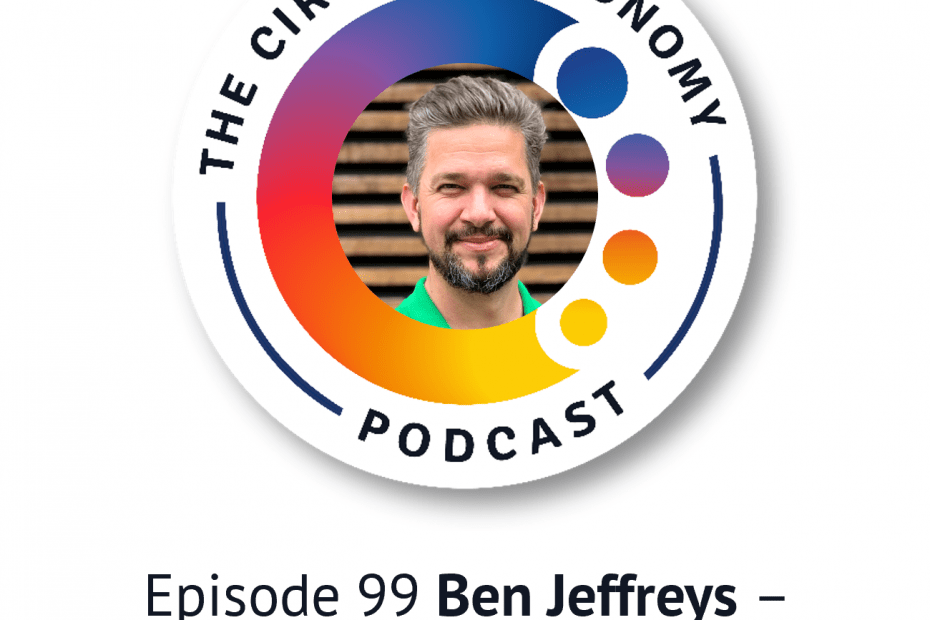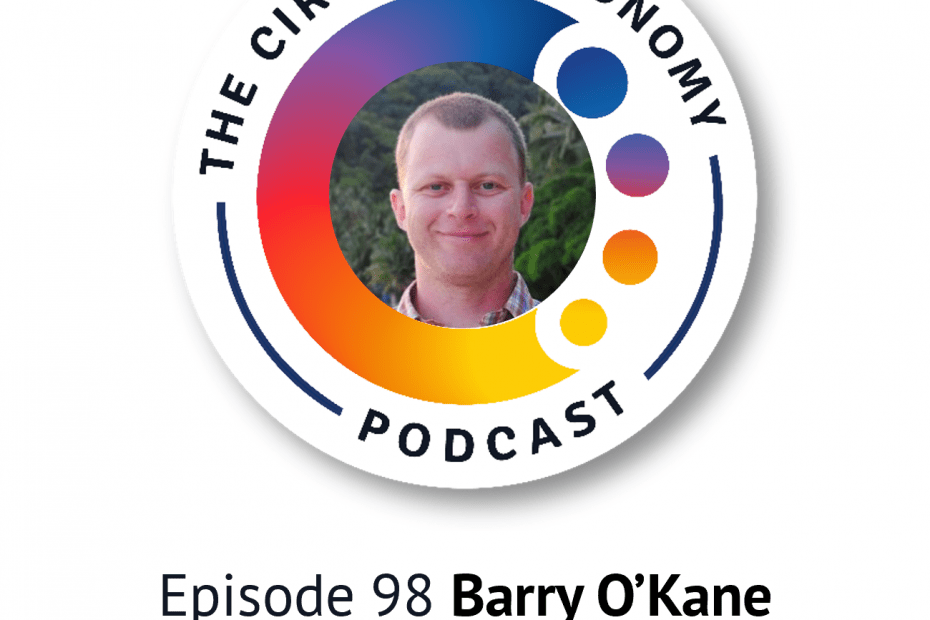105 Gene Homicki – getting more from less with MyTurn
We’re going to hear about some amazing software that helps with the 2nd of the 3 key circular strategies I advise people to use… getting more, from less. Finding ways to get more use out of under-utitlized objects can have big benefits, especially by reducing costs.
When we think about it, there are probably lots of things – both tools and toys – that we don’t use all day, every day. Sometimes we only use these things once or twice a year! But often, we want to be sure we can have access to that equipment, or that product, whenever we want. Those needs might be planned, say for camping equipment, or unplanned – like repair tools.
Today, we’ll hear from Gene Homicki, founder and CEO at MyTurn, a B2B platform that transforms idle equipment into value. MyTurn helps organizations to optimize asset usage, reduce waste, and generate revenue by making it easy to offer rental, lending, and product subscription services.
Gene is a serial entrepreneur and technology strategist who is dedicated to advancing the circular economy and sustainable systems. Over his career, he’s led teams delivering cutting-edge solutions for organizations like SEGA, ABC News, The Economist, and the National Science Foundation.
Gene co-founded the West Seattle Tool Library which has helped provide affordable access to thousands of people in the community. After seeing how much stuff people had in closets, garages and storage (while others had too little) and knowing that businesses, universities and governments had even more assets sitting idle, Gene founded myTurn.
MyTurn’s customers include businesses, communities, universities, and public sector organizations, and it is a for-profit public benefit corporation.
MyTurn’s platform has a wide range of features, from admin dashboards to online marketplaces, helping organizations of all shapes and sizes to identify and rent underutilized tools, equipment and other resources – either within the organisation, or by collaborating with others.
MyTurn’s customers are seeing big benefits from this circular solution, often increasing product reuse by 10 to 100 times compared to traditional ownership.
